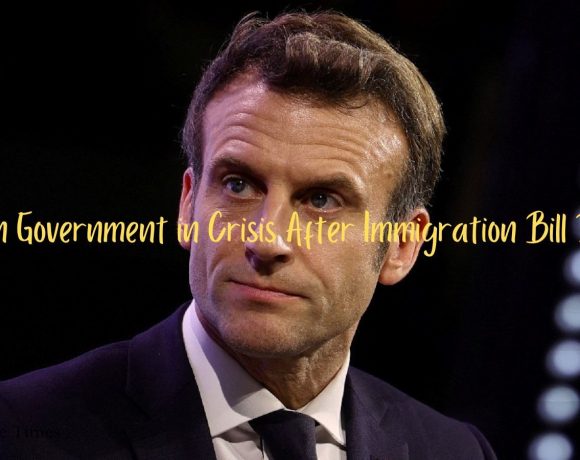
Spanish Prime Minister Pedro Sánchez has declared his intent to continue serving as the country’s leader, despite recent uncertainties surrounding his position. Last week, he announced the suspension of all official engagements following the initiation of a corruption inquiry into his wife. Sánchez denounced the allegations as part of a concerted effort by right-wing media to undermine him.
Sánchez’s decision to temporarily step back from his duties caught many by surprise, including members of his own Socialist Party (PSOE), who were unaware of his contemplation about his political future. Since assuming office in 2018, Sánchez has faced various challenges, but this recent development marked a significant moment of uncertainty for his leadership.
The accusations against Sánchez’s wife, Begoña Gómez, were lodged by the organization Manos Limpias (Clean Hands), which is led by Miguel Bernad, a figure associated with the far-right. However, on Thursday, the public prosecutor in Madrid recommended shelving the investigation due to a lack of substantial evidence. Additionally, Manos Limpias acknowledged that the allegations might be erroneous, as they were based on potentially false reports from online news sources.
Despite the tumultuous circumstances and the cloud of suspicion surrounding his wife, Sánchez’s resolve to remain in office underscores his determination to weather the political storm and continue leading Spain forward.
Picture Courtesy: Google/images are subject to copyright


